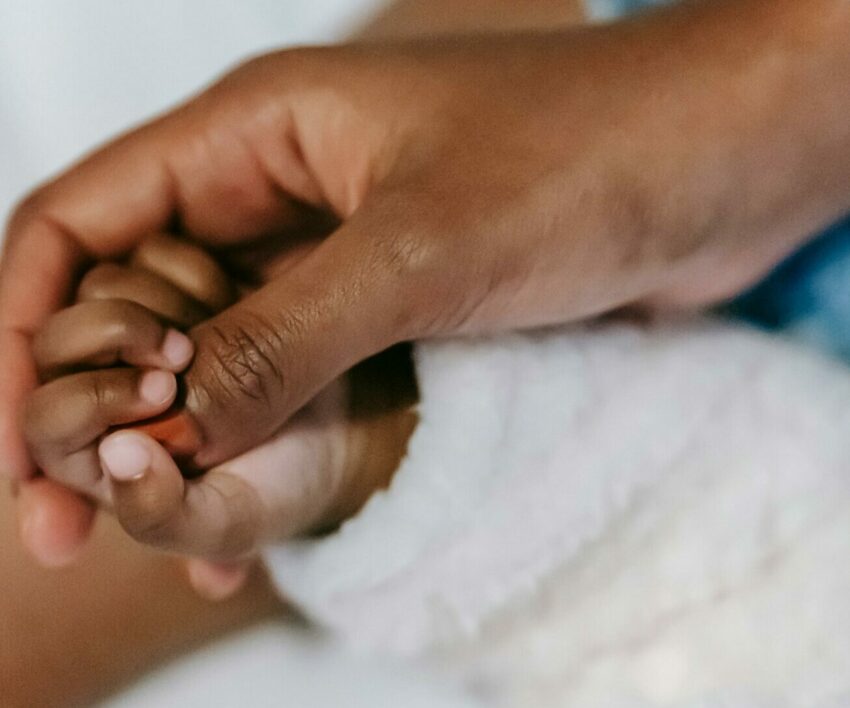
baby hands: picture: pexels
Blisters on a toddler’s hands can be alarming, especially when you’re unsure of the cause. From innocent play mishaps to skin sensitivities, blisters can appear for various reasons and parents need to know why these things happen, as they are responsible for their kids’ health.
Friction is the most common cause of blisters, resulting from forces on the skin, claims the Seattle Children’s Hospital. Blisters are said to be caused by friction from tools or sports equipment, such as shovels, picks, or rakes, and can occur on fingers, palms, backs of heels, tops of toes, and sides of the foot.
“Children starting a new sport may develop blisters. Also, a risk factor for forming blisters is recently increasing the activity time. There are two general approaches to prevent friction blisters. These are toughening the skin and lowering the friction force.”
The Children’s National mentions that burns, sunburns, rubbing, atopic dermatitis, impetigo, allergic reactions, Stevens-Johnson syndrome, and viral infections can cause blisters.
It is further claimed these blisters can appear as a bubble filled with clear or bloody liquid. “Blisters may be painful or itchy. In some cases, the blister may be caused by something that affects the whole body, such as an infection.”
According to Medicine Net, there’s a skin condition called dyshidrotic eczema, which causes small, itchy blisters on the palms and fingers of the hands and feet. It is mentioned that this condition has no cure and clears within two to three weeks. Blisters may appear on the soles of the feet, hands, or hands due to exposure to chemicals or allergens, medication reactions, or infection, the publication adds.
For treatment purposes, Nationwide Children’s Hospitals suggest that you wash the affected area, use a cold pack to reduce swelling, and keep it clean and dry. If the blister bursts, it is advised that you use petroleum jelly and a bandage, and monitor for signs of infection and consult a healthcare provider for antibiotics.
Also see: Should you be worried about your child having imaginary friends?
